Joe Biden Responds to Tara Reade's Assault Claims: "This Never Happened"
Presumptive Democratic nominee Joe Biden addressed Tara Reade's claim that he sexually assaulted her, writing "They aren't true. This never happened" on Medium.
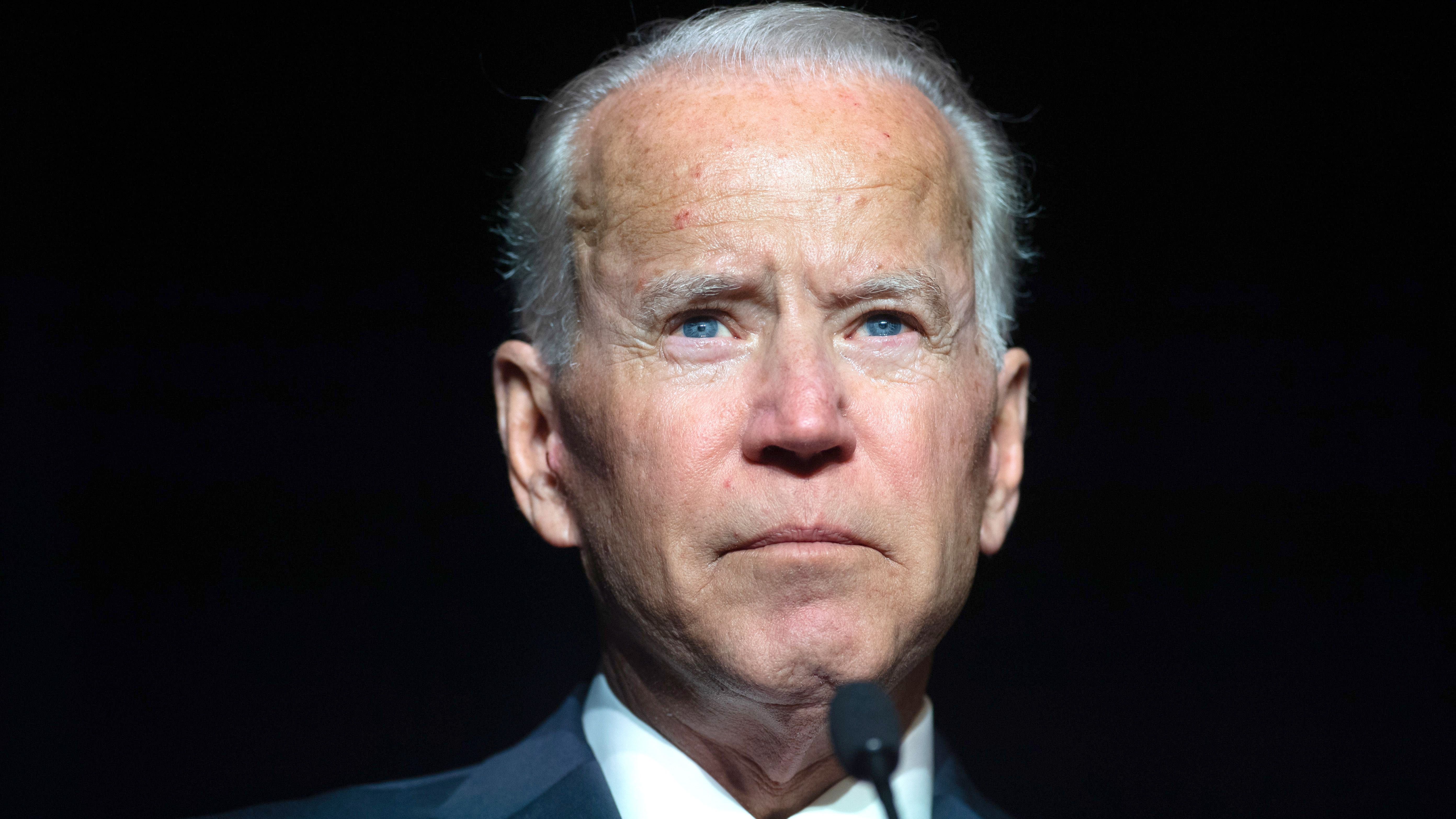

On Friday, May 1, presumptive Democratic nominee Joe Biden—the man set to go head-to-head against Trump in the November presidential election, now that Bernie Sanders has dropped out and left Biden the last man standing—responded to the allegations of sexual assault made by Tara Reade, a former Senate aide. Reade claims that in 1993, Biden allegedly assaulted her; she also claims that he inappropriately touched her shoulders and neck on multiple occasions. Biden, who denies all of Reade's claims, has positioned himself as an advocate for sexual assault victims, famously spearheading the Obama administration's "It's On Us" initiative aimed at curbing sexual violence on college campuses.
Writing in Medium, Biden said:
It’s on us, and it’s on me as someone who wants to lead this country. I recognize my responsibility to be a voice, an advocate, and a leader for the change in culture that has begun but is nowhere near finished. So I want to address allegations by a former staffer that I engaged in misconduct 27 years ago.
They aren’t true. This never happened.
While the details of these allegations of sexual harassment and sexual assault are complicated, two things are not complicated. One is that women deserve to be treated with dignity and respect, and when they step forward they should be heard, not silenced. The second is that their stories should be subject to appropriate inquiry and scrutiny.
In the post, Biden called on the National Archives to look into whether Reade filed a complaint about the alleged incident, writing: "If there was ever any such complaint, the record will be there."
In a Morning Joe interview immediately following the publication of the Medium post, Biden noted: "I’m saying unequivocally, it never, never happened." When asked about Christine Blasey Ford, who Biden had said should be given "the benefit of the doubt" when she accused Brett Kavanaugh of assault, Biden replied: “From the very beginning, I’ve said believing women means taking the woman’s claims seriously...[But] in the end, in every case, the truth is what matters."
Stay In The Know
Get exclusive access to fashion and beauty trends, hot-off-the-press celebrity news, and more.
It's clear that Biden is aiming to present himself as accountable and transparent in regard to the claims against him—in stark contrast to President Trump, who has also been accused of sexual assault and harassment on numerous occasions (claims he rigorously denies), but who has never sat down to do an interview addressing any one of them. It's a shrewd effort to try to show Democrats that he has nothing to hide; concern over Reade's claims has reached fever pitch in the weeks since Sanders dropped out and left Biden the assumed nominee.

Jenny is the Digital Director at Marie Claire. A graduate of Leeds University, and a native of London, she moved to New York in 2012 to attend the Columbia University Graduate School of Journalism. She was the first intern at Bustle when it launched in 2013 and spent five years building out its news and politics department. In 2018 she joined Marie Claire, where she held the roles of Deputy Digital Editor and Director of Content Strategy before becoming Digital Director. Working closely with Marie Claire's exceptional editorial, audience, commercial, and e-commerce teams, Jenny oversees the brand's digital arm, with an emphasis on driving readership. When she isn't editing or knee-deep in Google Analytics, you can find Jenny writing about television, celebrities, her lifelong hate of umbrellas, or (most likely) her dog, Captain. In her spare time, she writes fiction: her first novel, the thriller EVERYONE WHO CAN FORGIVE ME IS DEAD, was published with Minotaur Books (UK) and Little, Brown (US) in February 2024 and became a USA Today bestseller. She has also written extensively about developmental coordination disorder, or dyspraxia, which she was diagnosed with when she was nine.
-
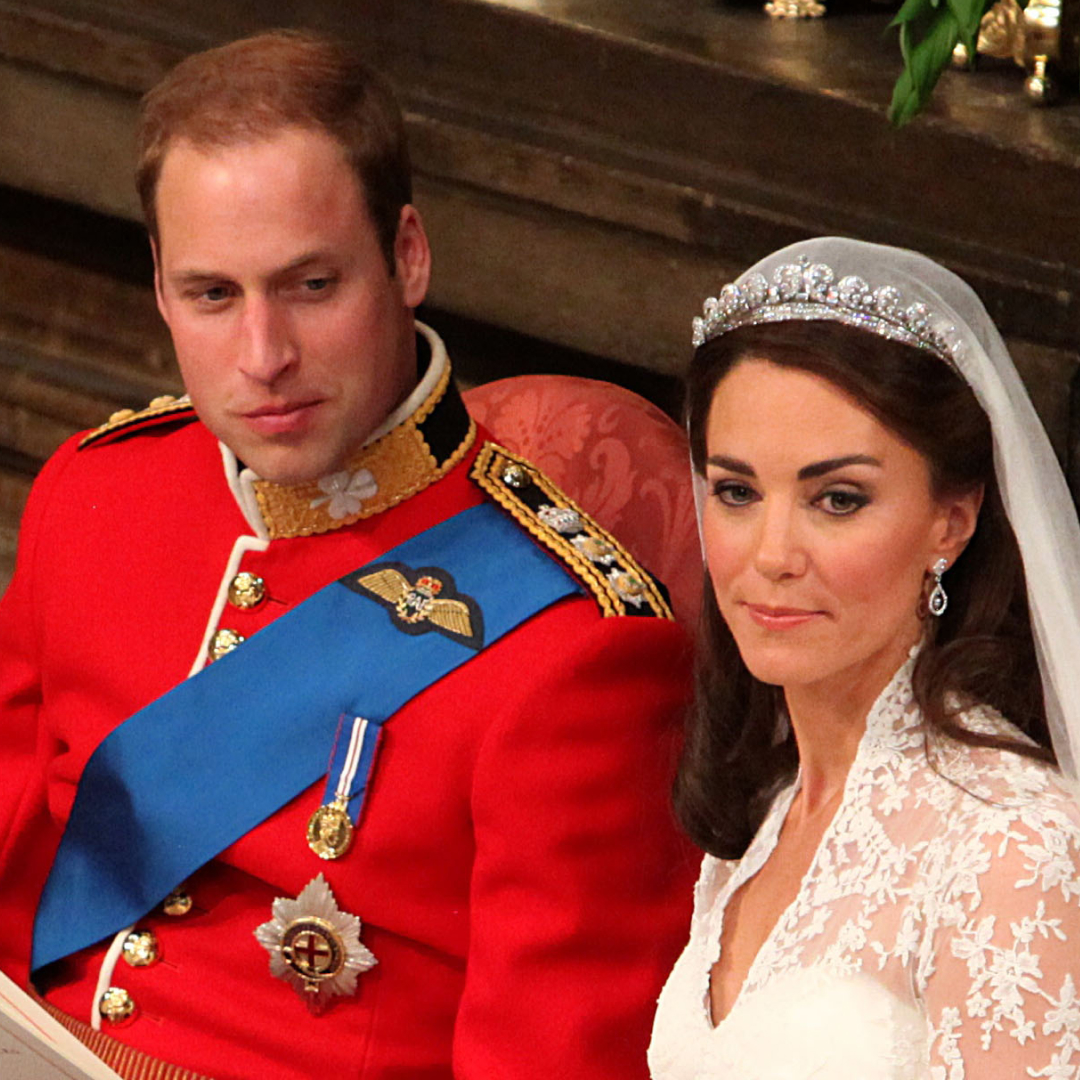 Why Prince William's Exes Attended His Wedding to Kate Middleton
Why Prince William's Exes Attended His Wedding to Kate MiddletonThe exes were invited "due to a more peculiar upper class British tradition."
By Amy Mackelden
-
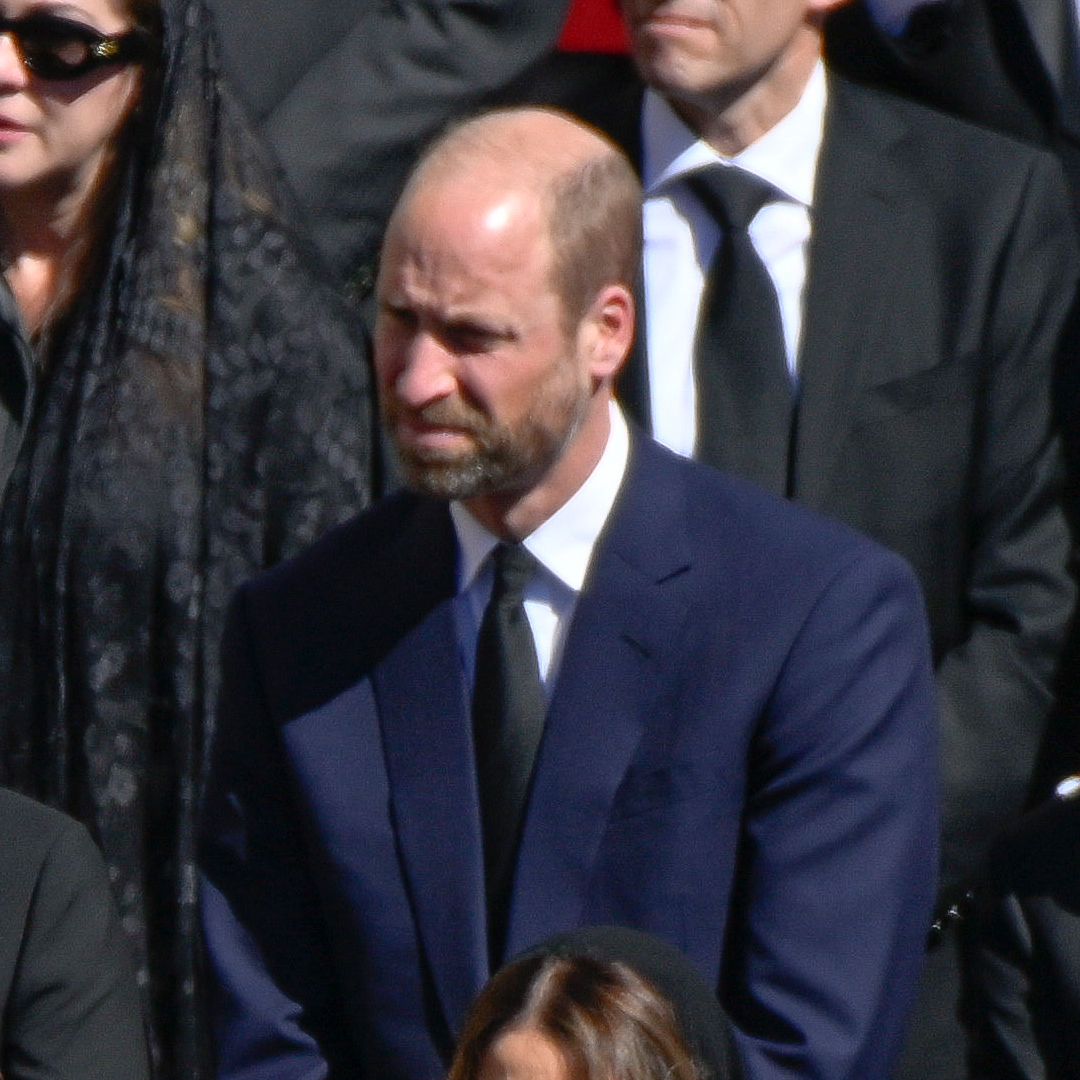 Why Prince William "Stepped in" for King Charles at the Pope's Funeral
Why Prince William "Stepped in" for King Charles at the Pope's FuneralThe seating plan was described as a "master plan" of "big egos."
By Amy Mackelden
-
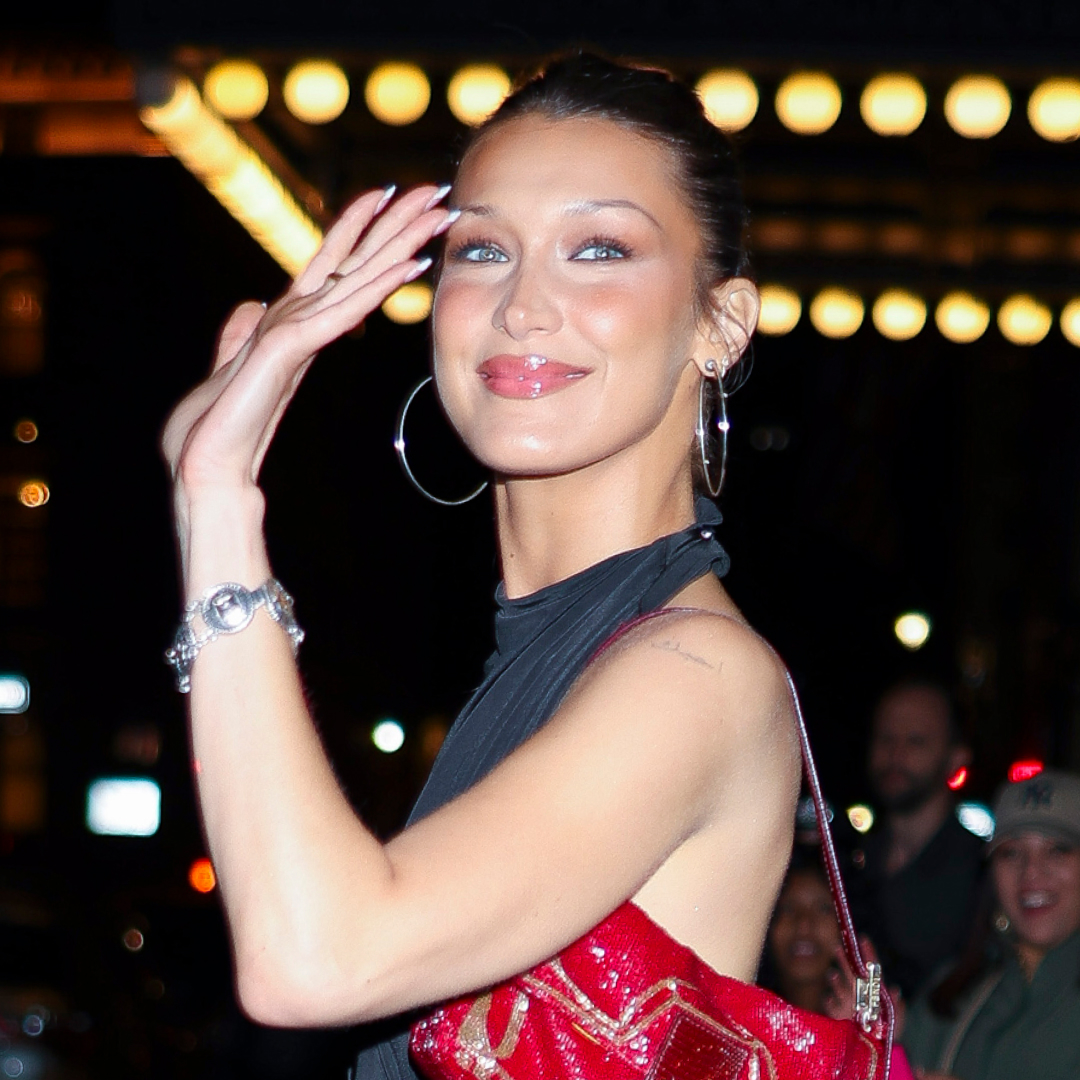 A Vintage Fendi Baguette Is Bella Hadid's Plus-One
A Vintage Fendi Baguette Is Bella Hadid's Plus-OneThe model paired her skintight capri jumpsuit with pointed-toe heels.
By Amy Mackelden
-
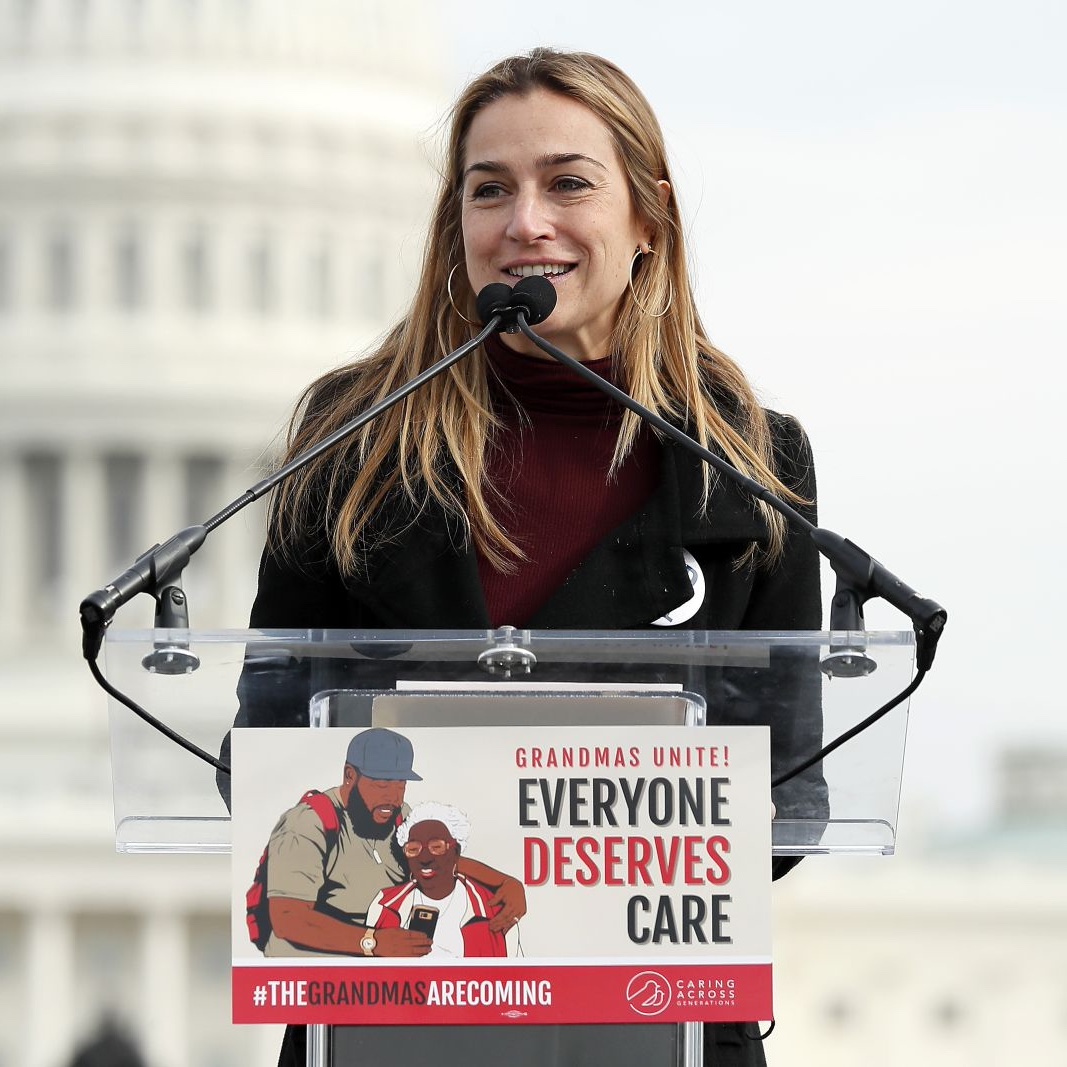 What's the Holdup in Biden's Push for Paid Leave?
What's the Holdup in Biden's Push for Paid Leave?The president is proposing $325 billion to fund paid family leave—the strongest budget proposal in history—and pushing for free universal pre-K nationwide. But he faces opposition.
By Dawn Huckelbridge
-
 36 Ways Women Still Aren't Equal to Men
36 Ways Women Still Aren't Equal to MenFeatures It's just one of the many ways women still aren't equal to men.
By Brooke Knappenberger
-
 The 2022 Midterm Elections: What to Know Ahead of Election Day
The 2022 Midterm Elections: What to Know Ahead of Election DayConsider this your guide to key races, important dates, and more.
By Rachel Epstein
-
 What You Need to Know About Paid Leave Before the Midterms
What You Need to Know About Paid Leave Before the MidtermsEarlier this year, a rare opportunity to finally fill the holes in our care infrastructure wasn't taken. But the leader of the new Paid Leave PAC is here to tell you it’s not over.
By Tanya Benedicto Klich
-
 How New York's First Female Governor Plans to Fight for Women If Reelected
How New York's First Female Governor Plans to Fight for Women If ReelectedKathy Hochul twice came to power because men resigned amid sexual harassment scandals. Here, how she's leading differently.
By Emily Tisch Sussman
-
 Why the 2022 Midterm Elections Are So Critical
Why the 2022 Midterm Elections Are So CriticalAs we blaze through a highly charged midterm election season, Swing Left Executive Director Yasmin Radjy highlights rising stars who are fighting for women’s rights.
By Tanya Benedicto Klich
-
 Tammy Duckworth: 'I’m Mad as Hell' About the Lack of Federal Action on Gun Safety
Tammy Duckworth: 'I’m Mad as Hell' About the Lack of Federal Action on Gun SafetyThe Illinois Senator won't let the memory of the Highland Park shooting just fade away.
By Sen. Tammy Duckworth
-
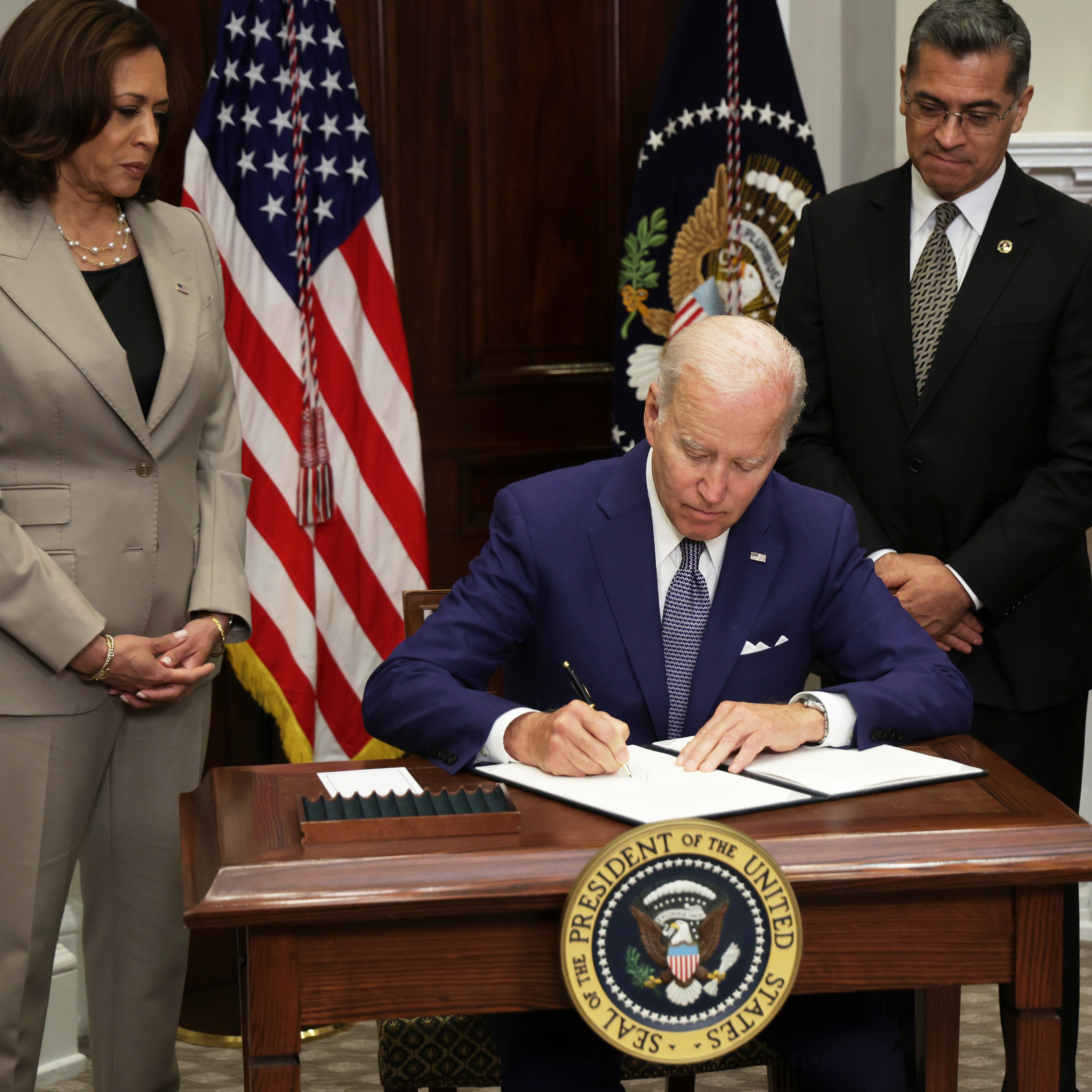 Breaking Down President Biden’s New Executive Order on Abortion Rights
Breaking Down President Biden’s New Executive Order on Abortion Rights\201cWe feel really strongly, particularly given the tremendous amount of legal chaos that has ensued since this decision, that it’s incumbent on us to be careful.\201d
By Lorena O'Neil